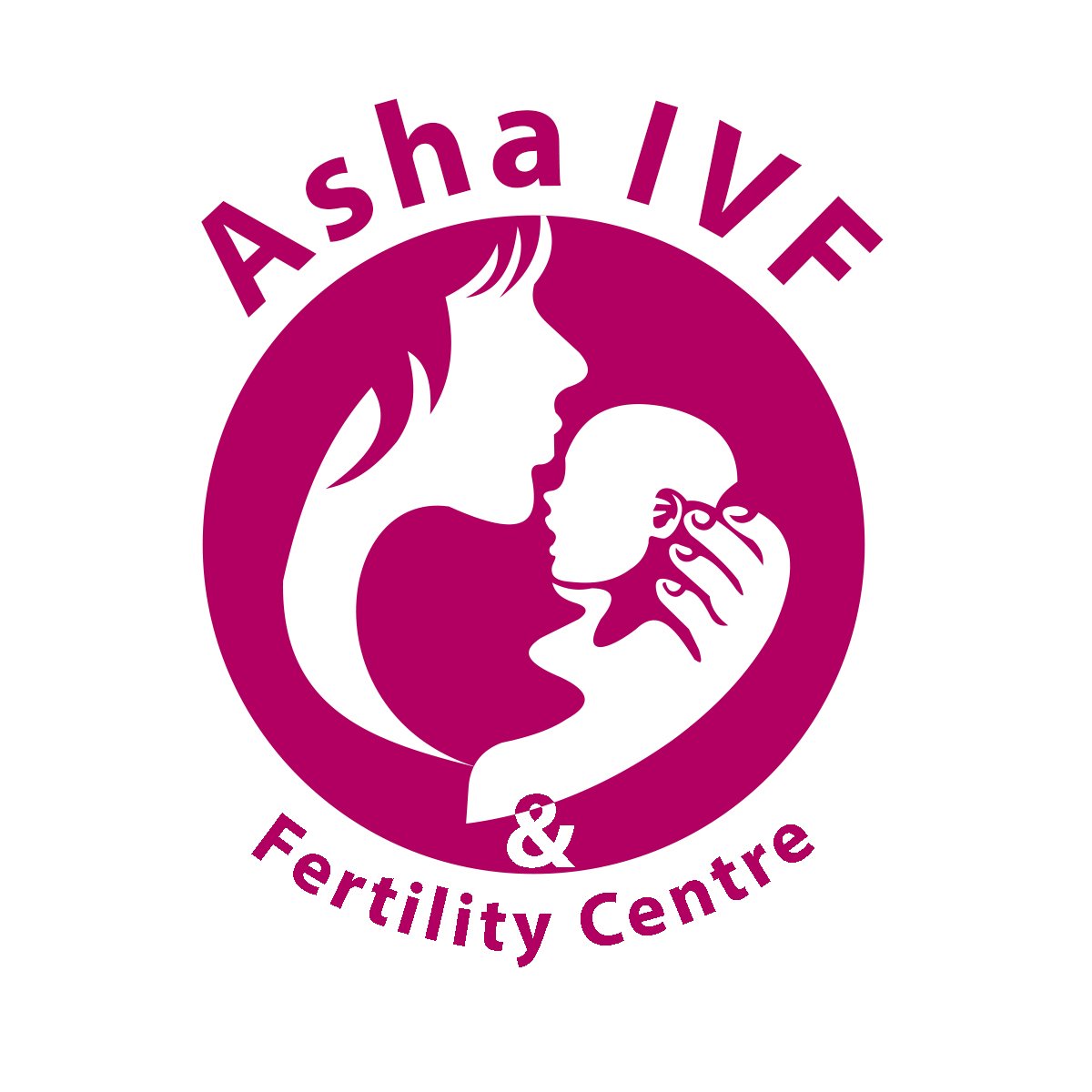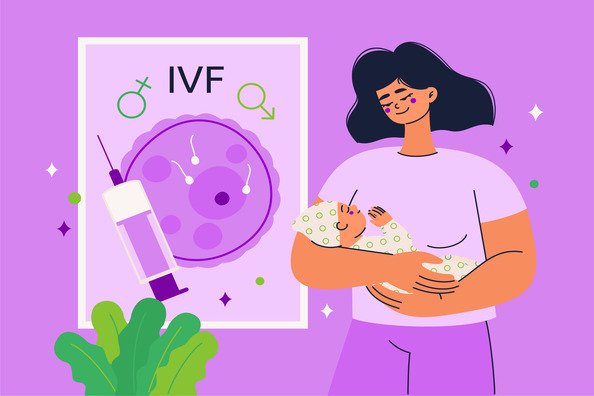Today, IVF is among the most common fertility treatments, and it may be the solution to your family planning needs. Despite it being a boon for childless couples, there are still many IVF misconceptions floating around society. These types of IVF misconceptions are only due to the lack of knowledge of the technique. When any couple comes to our clinic for infertility treatment they ask many different questions about IVF treatment. They want to know the actual truth about IVF and its all pros and cons. So here in this blog, we are going to clear out some myths about IVF treatment.
Some Misconceptions
- Are IVF babies healthy?
The answer is yes. Every year millions of babies born using In Vitro Fertilization (IVF) and they are perfectly healthy as a normal children. The procedure does not create any short-term or long-term risk to the health of the child.
- Can you get IVF success on the first try?
One most important things you need to know is that the average success rate of IVF procedures is 35-40%. The success rate is varied by the patient’s age and medical condition.
- Does IVF cause birth defects?
The vast majority of children born from IVF do not have an abnormality. Advancements in genetic testing and technology preimplantation genetic screening (PGS) have also improved our ability to detect genetic abnormalities early. Couples considering IVF should discuss genetic testing options with their doctor to detect chromosomal abnormalities.
- How many times IVF can be repeated?
There are no limits to the number of IVF cycles you can have. This decision is entirely up to your condition and the fertility specialists. After analysing you condition they may allow for repeat IVFs.
- Will you have twins, triplets, or more after the IVF procedure?
This is a common belief about in vitro fertilization (IVF) which leads to twin pregnancies. However, conceiving twins through IVF is becoming less common. We are focusing on single embryo transfer when it’s possible and a favorable choice.
- If IVF does not work now what is the next stage?
The first thing that should happen after a failed IVF attempt is for the IVF specialist to review the cycle carefully. There are a few other options you may choose preimplantation genetic screening, IVF with donor eggs, and gestational surrogacy.
When you are planning to take fertility treatment, it is best to ignore the myths. Let them not influence your decision. IVF is your best chance of conceiving using your genes. It’s significantly more successful than any other treatment of fertility.
If you want to learn the facts about IVF, and understand the success rates, speak to a fertility specialist in the Best Fertility Centre in Faridabad. Here specialist will provide you with the information you need to determine the right fertility treatment for you. This will hopefully leave you with more choices and confidence and less stress.

